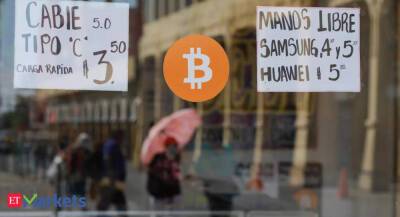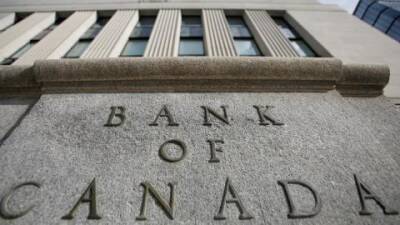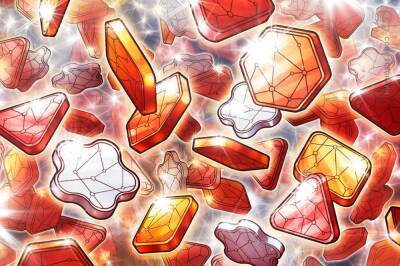Plastic packaging increases fresh food waste, study finds
Supermarkets should stop selling fresh produce such as apples and potatoes in plastic packaging, research suggests, because it does not make them last longer and adds to pollution and food waste.
The 18-month study by the sustainability charity Wrap, which also looked at sales of bananas, broccoli and cucumbers, debunks the idea that single-use plastic wrappers help prevent waste.
Instead, this packaging often forces people to buy more than they need, increasing the problem of wasted food.
Marcus Gover, Wrap’s chief executive, said that while packaging was important and often carried out a critical role to protect food, its research had found that plastic wrap “doesn’t necessarily prolong the life of uncut fresh produce”, adding: “It can in fact increase food waste in this case.”
Britons throw away almost half a million tonnes of fresh vegetables and salad and a quarter of a million tonnes of fresh fruit – worth a total of £2.1bn – each year because it has gone soft or mouldy, or the date label has expired. This waste is bad for the planet: about one-third of the UK’s greenhouse gas emissions are associated with food and drink.
In the battle with food waste, packaging was found to be a less important part of the picture than other factors, such as enabling people to buy the right amount or how it was stored.
“We found that storing food in the fridge at below five degrees gave days, weeks, and, in the case of apples, months more quality product life,” said Gover. “We found that for most items, the plastic packaging they were sold in made little or no difference to their shelf life.
“In cases where consumers had no choice but to buy more than they needed in pre-packed packaging, this could actually increase food waste,” he added.
Read more on theguardian.com













![Axie Infinity [AXS]: Assessing the true potential of altcoin’s uptrend - ambcrypto.com](https://finance-news.co/storage/thumbs_400/img/2022/3/24/19002_axx.jpg)






